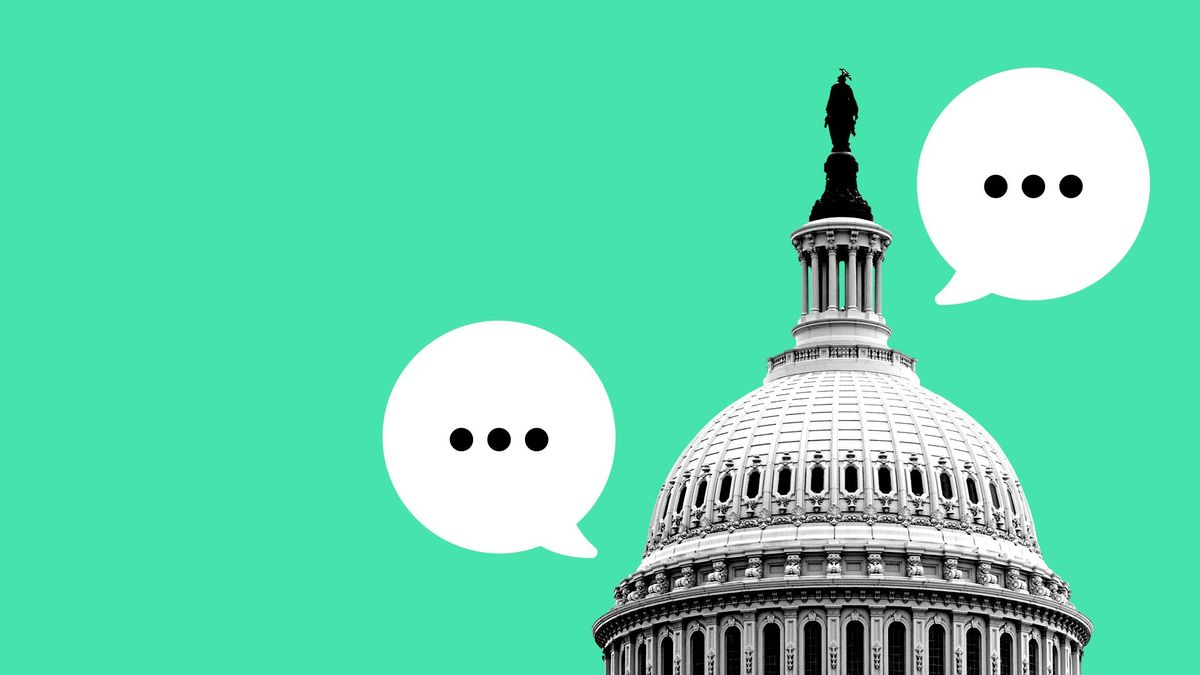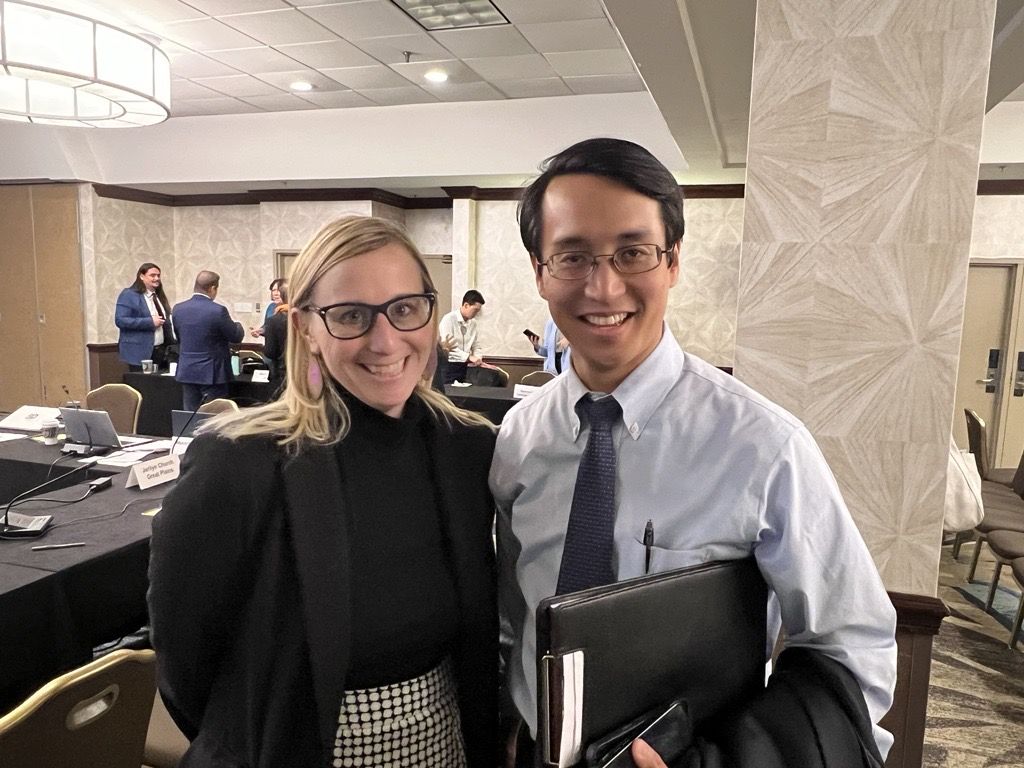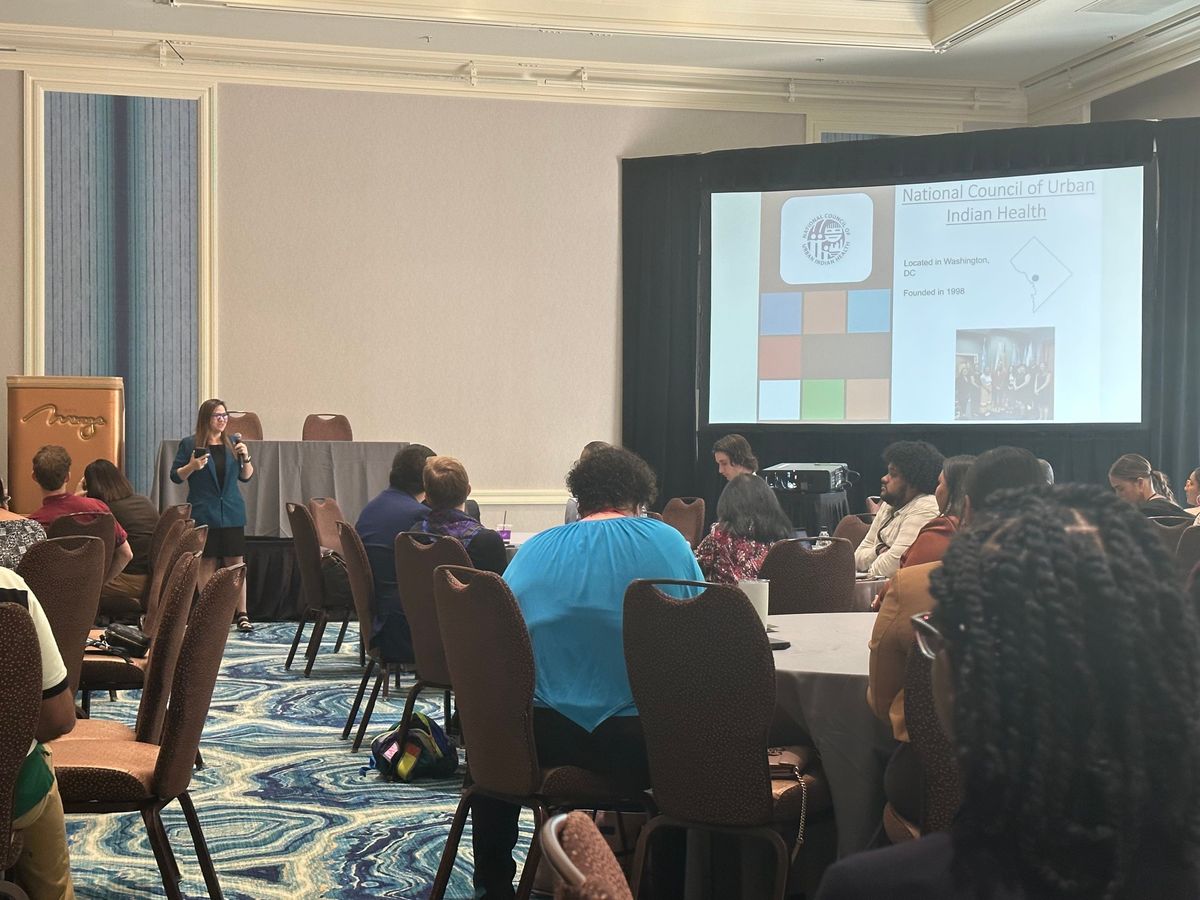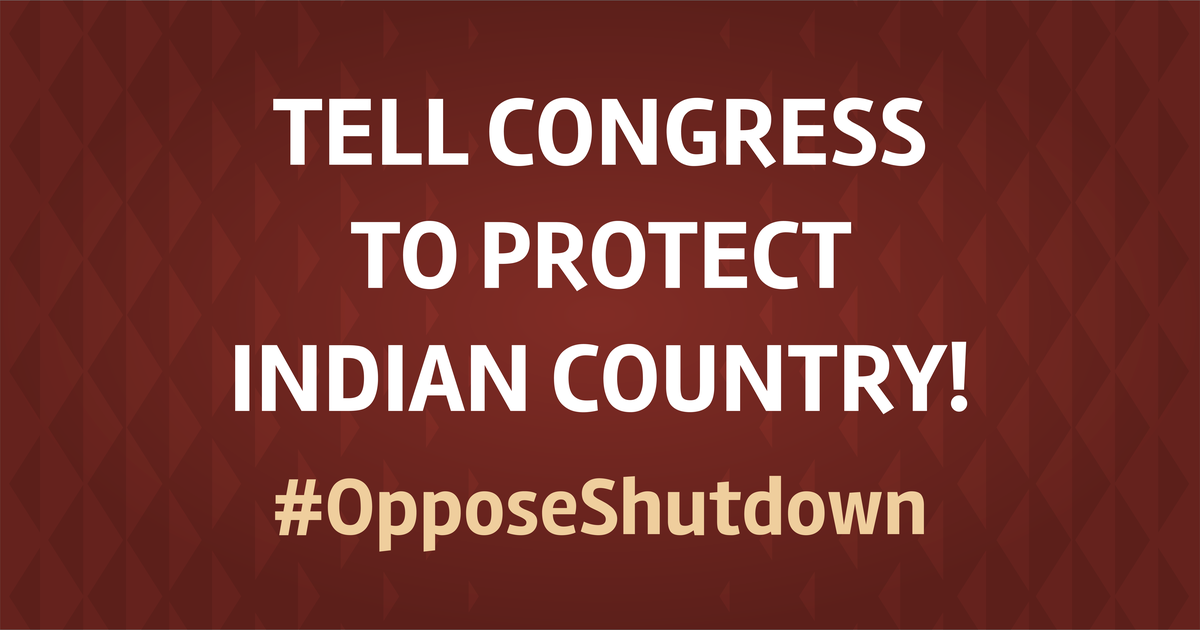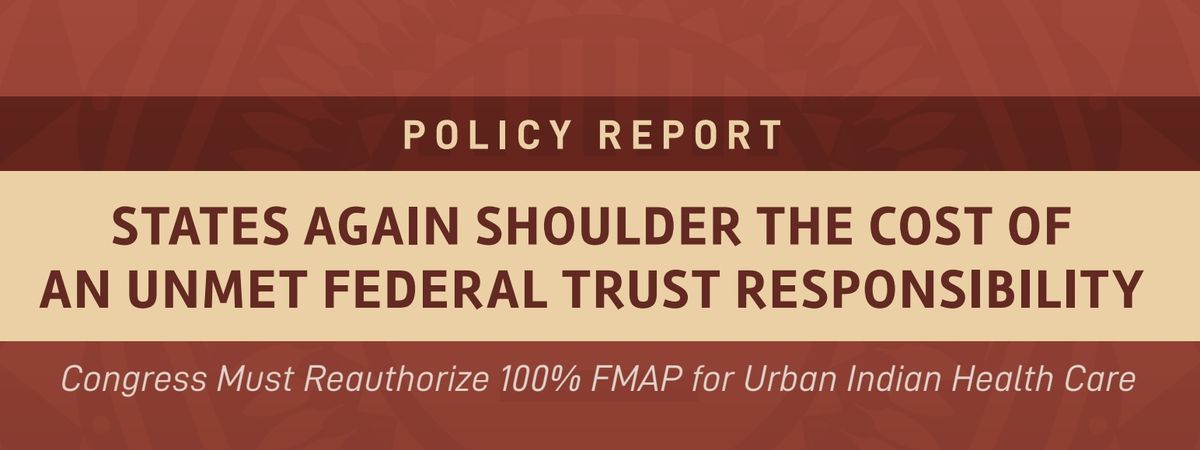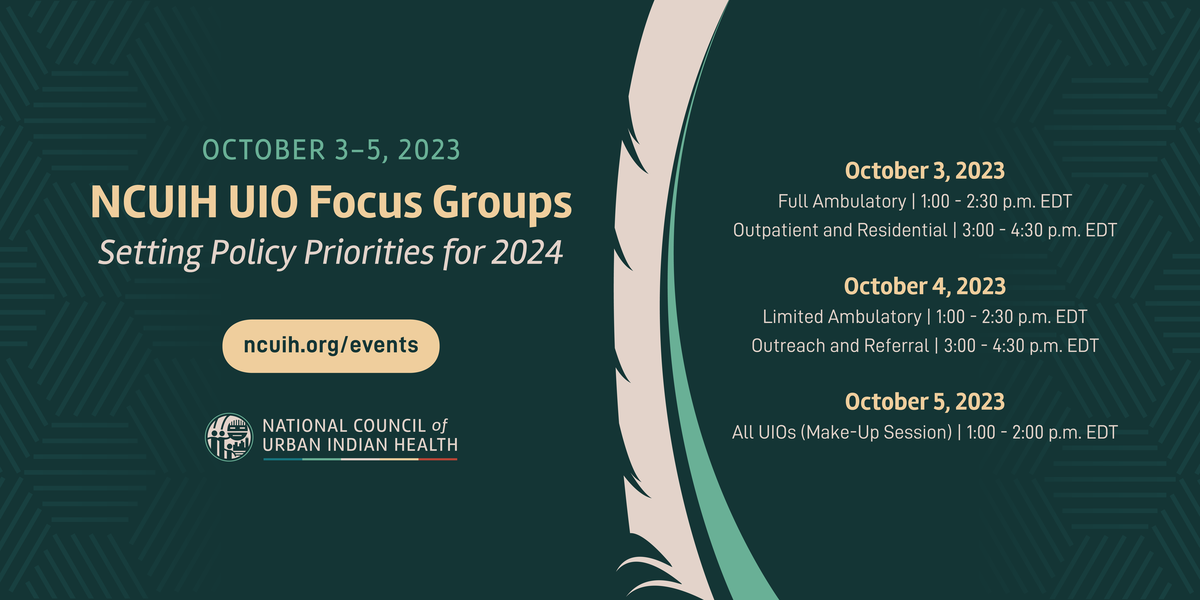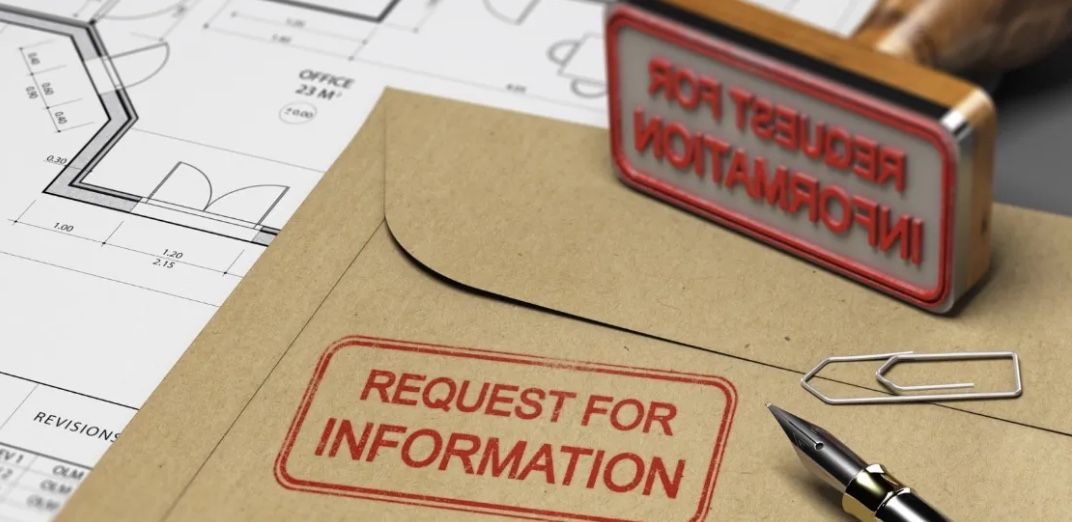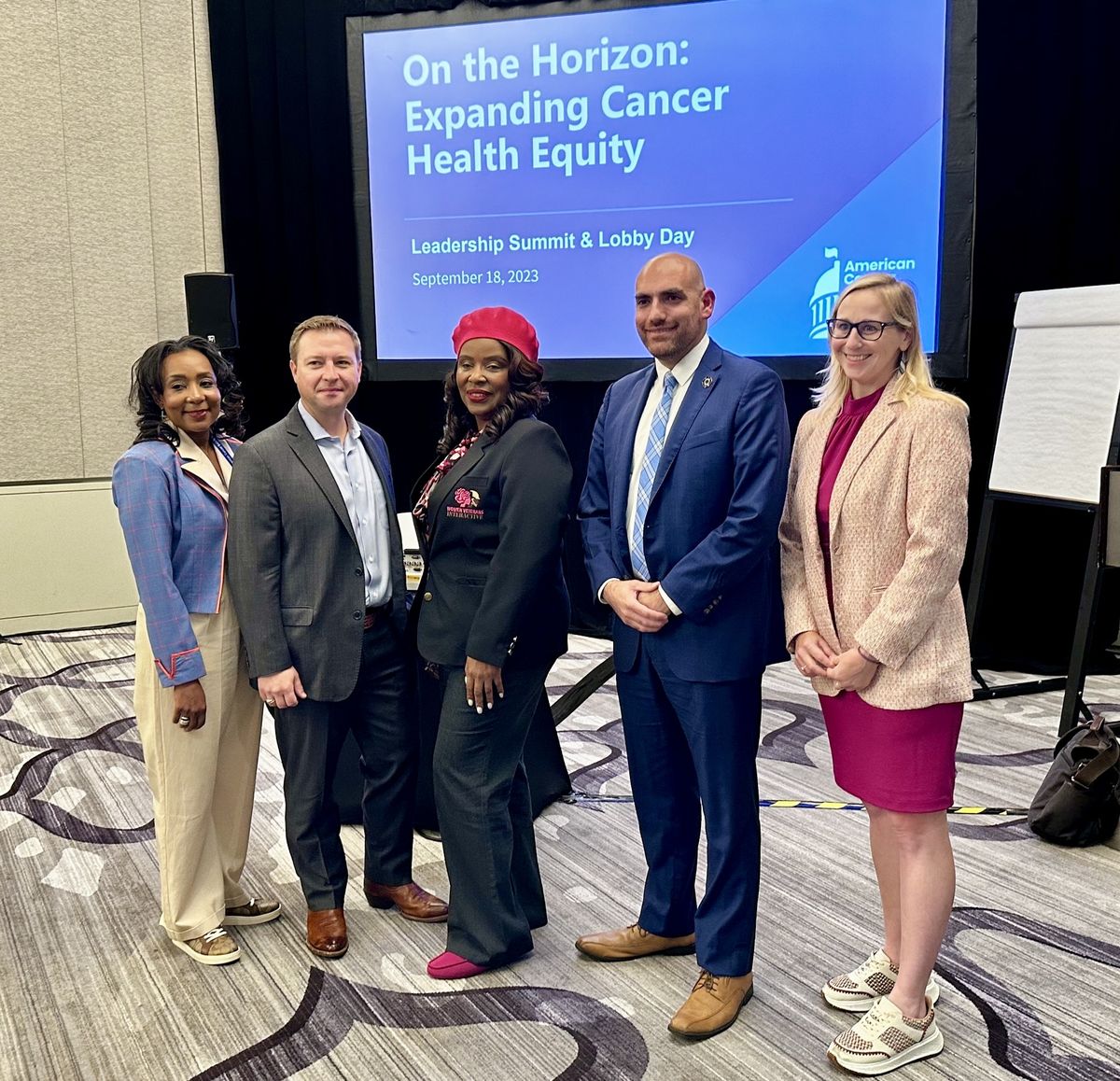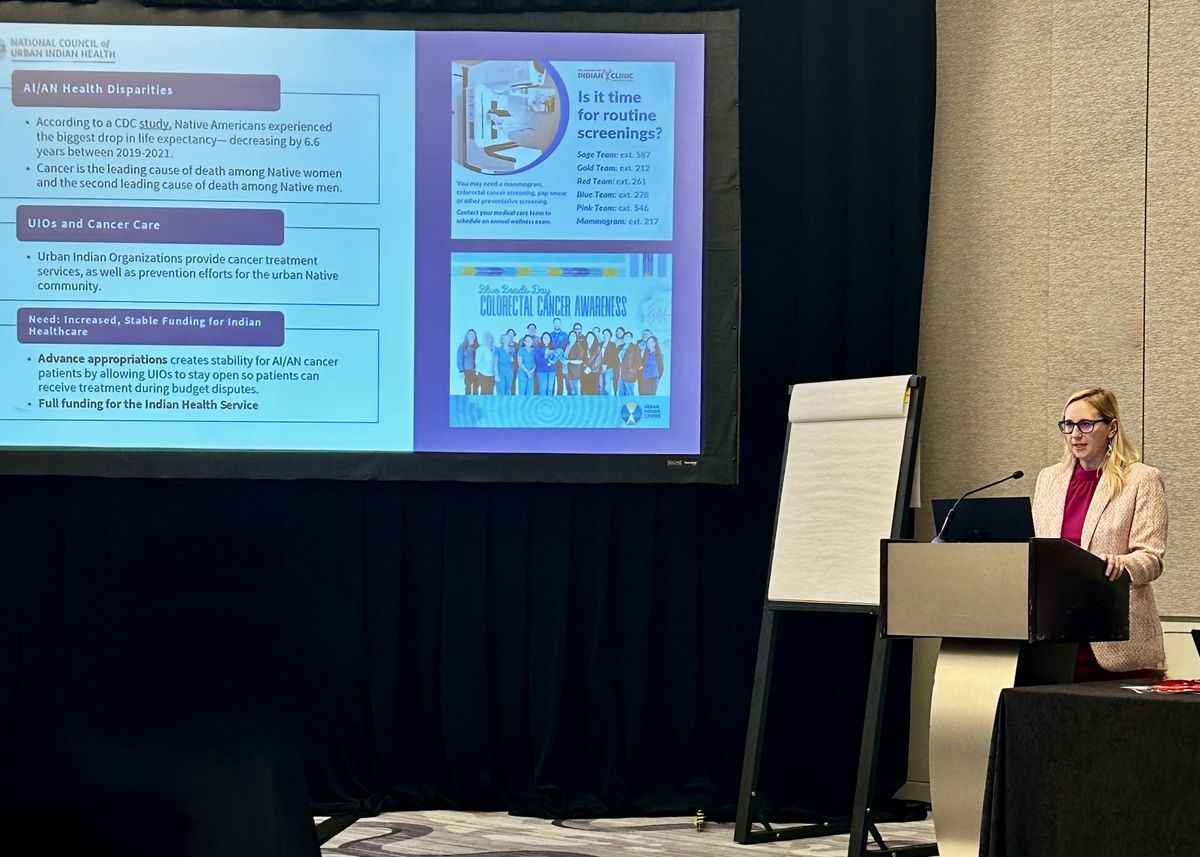Indian Health Service Launches Voter Registration Pilot Program at Indian Health System Sites
On March 5, 2023, President Biden announced agency actions to make the voting process more accessible in alignment with recommendations made by the Native American Rights Fund (NARF). This included a new initiative at the Indian Health Service (IHS) piloting “high-quality voter registration services across five different IHS facilities before the end of 2023”.
Urban Indian Organization, Native Health is First Announced Site
The first facility to be announced under this pilot program was Native Health, located in Phoenix, Arizona. Vice President Kamala Harris made the announcement on October 23, 2023, by stating:
Native American voters often face significant barriers to accessing the right to vote. We are working to change that.
For the first time ever, Tribal members can now register to vote at an Indian Health Service facility, Native Health of Phoenix.
— Vice President Kamala Harris (@VP) October 24, 2023
Native Health has been active in voting rights and dedicated to increasing Native participation in the voting process. In 2022, they distributed Get Out the Vote information at various events, invited guests for voting related discussions on their podcast, Native Talk Arizona, and highlighted the importance of voter registration through social media. As part of this pilot program and being a NVRA designated site, they will continue this work by ensuring anyone who steps into their clinic is provided with an opportunity to register to vote. This includes staffing their table and voter registration kiosk, which can be found at their Central location.
Presidential Actions Related to Promoting Access to Voting for Native Communities
On March 7, 2021, President Biden signed an Executive Order on Promoting Access to Voting. Within the Executive Order, he included a specific section, Section 10, establishing a Native American Voting Rights Steering Group. This section sets out specific responsibilities and recommendations for that Steering Group, including:
- Engaging in meaningful and robust consultation with Tribal Nations and Native leaders
- Studying best practices for protecting Native American voting rights and produce a report outlining recommendations, including:
- Increasing voter outreach, education, registration, turnout, voting access, and mitigating internet accessibility issues in Native communities;
- Increasing language access and assistance;
- Mitigating barriers by providing guidance on how to use Tribal government ID cards as valid voter ID cards;
- Facilitating collaboration between local election officials, Native communities, and Tribal election offices; and
- Addressing other areas identified during the consultation process.
Voting as a Social Determinant of Health
These steps towards protecting voting rights are important outside of the political context because they can have a direct impact on health. Voting as a Social Determinant of Health has been acknowledged by the American Medical Association (AMA), and was included in their resolution from 2022, “Support for Safe and Equitable Access to Voting.” Social Determinants of Health are nonmedical factors that influence health outcomes, often the conditions or systems that shape conditions of daily life.
The AMA has identified that “more voting is associated with better health outcomes.” This is also reflected through research, where it’s noted that health disparities create gaps in voter participation, which influences biased health policy, and reinforces the same health disparities that prevent people from voting. Since voting is a tool to have voices heard about issues and preferred policies, without engagement from all constituents, those with important needs go unheard and are left out of the process. For health, this means the conditions impacting one’s health remain unchanged and continue to lack the political support needed to address them.
Native American Rights Fund Recommended Included Integration with IHS Facilities
Before this announcement, the NARF touched on the issue of obtaining National Voter Registration Act (NVRA) designation, as it has support throughout the Native community. Specifically, NARF noted that “by integrating voter registration services into their regular interactions with patients, IHS and 638-compacting facilities can leverage their significant reach and critical role in Indian country to move us closer to a democracy in which all communities are valued and thrive.”

